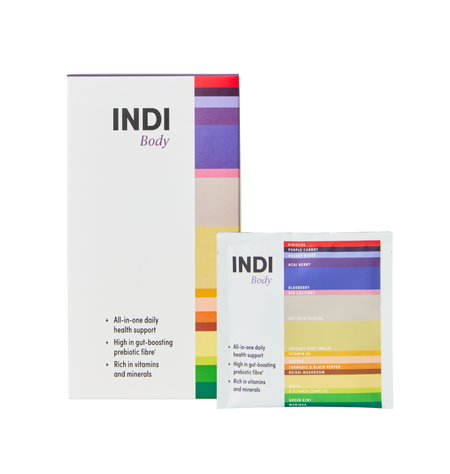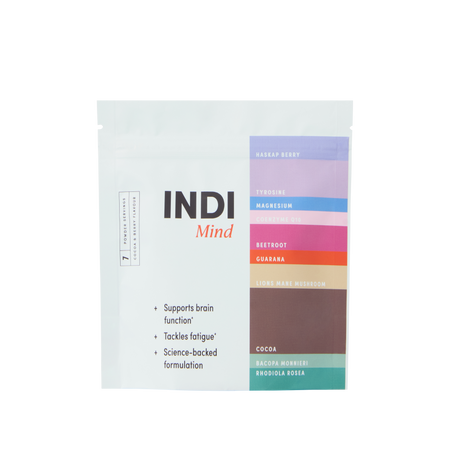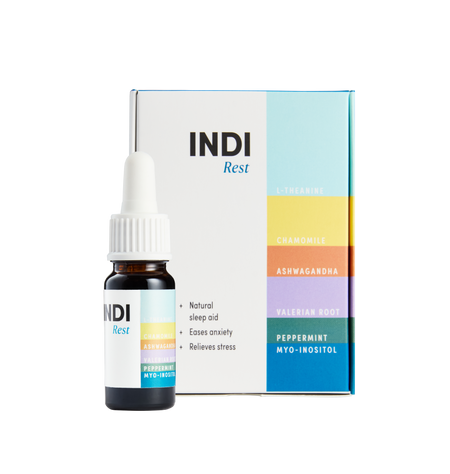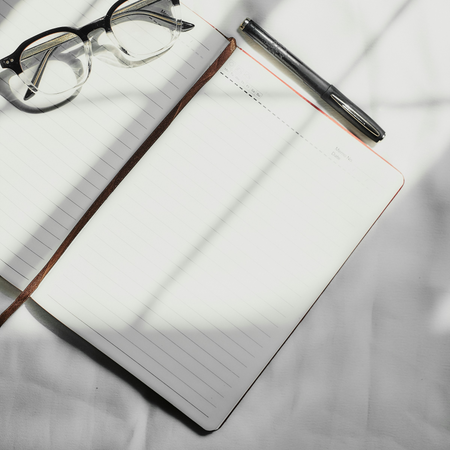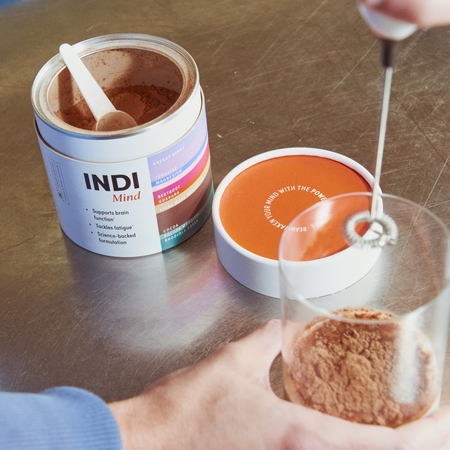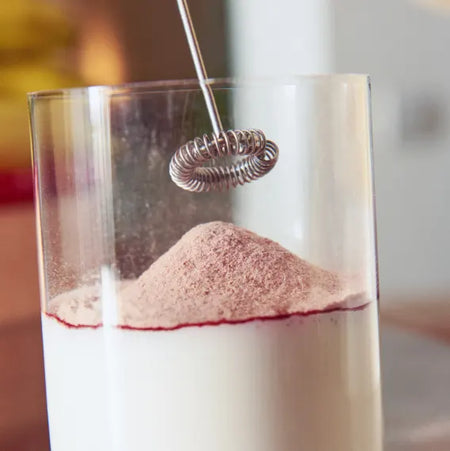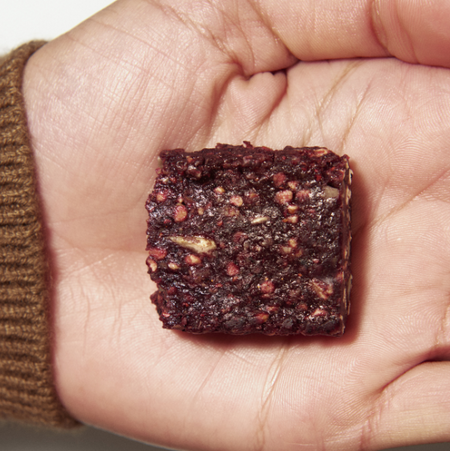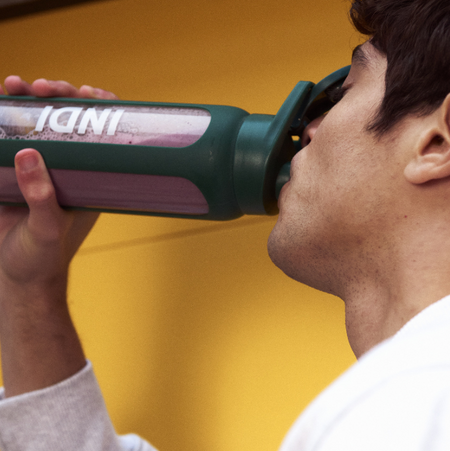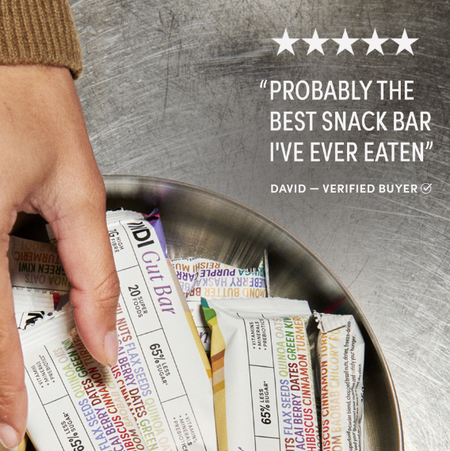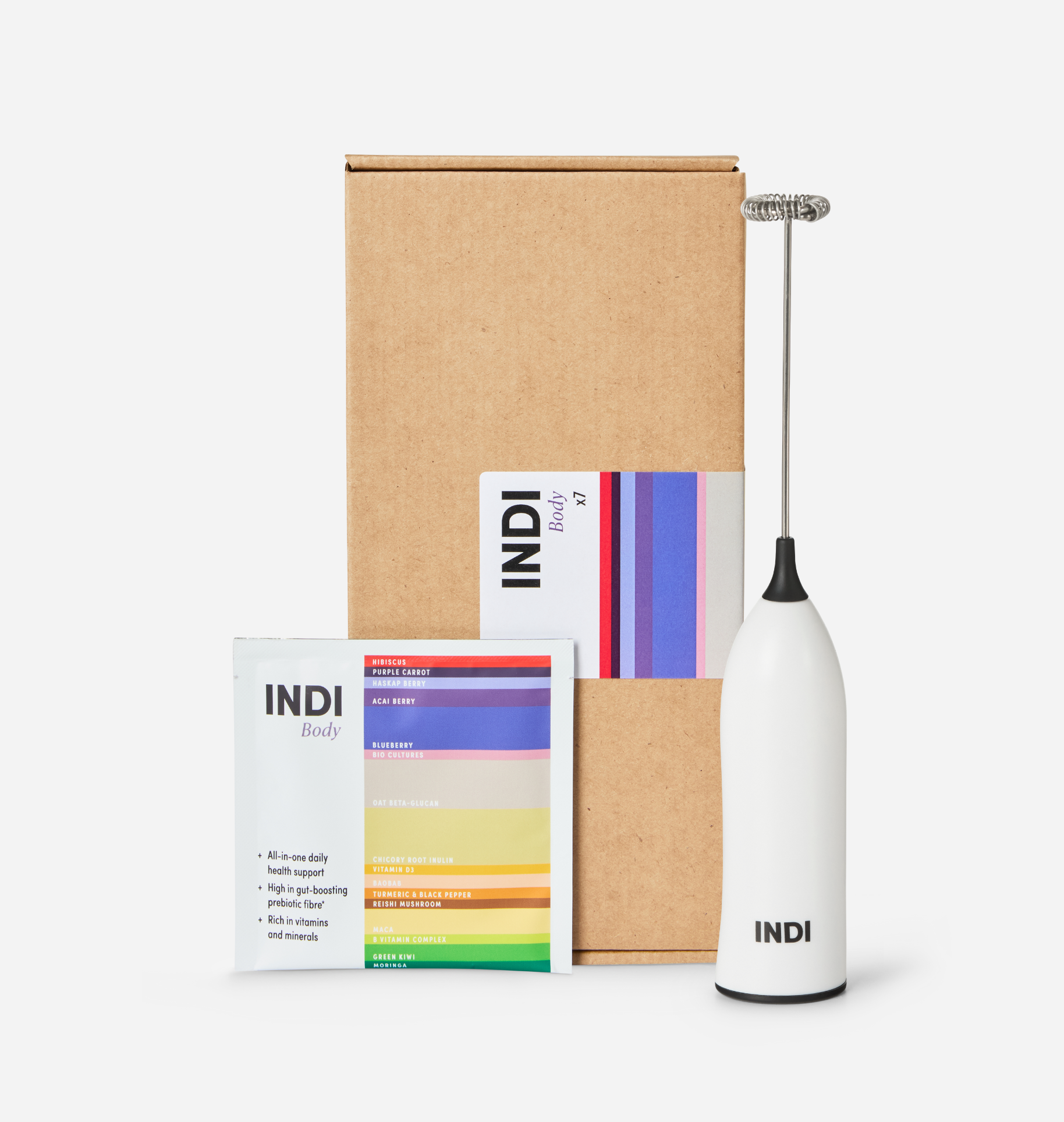For more tips from Dr Kirstie, follow her on Instagram @the.yogi.psychologist or find out more about her holistic therapy, coaching and movement services here.
Holistic approaches to mental health by The Yogi Psychologist
In recognition of World Mental Health Day, it's essential to pause and reflect on the ways we can support our own wellbeing amidst the demands of modern life. Mental health is deeply intertwined with various aspects of daily living, and while awareness is growing, stigma still prevents many from seeking the help they need.
In this blog, Dr Kirstie Fleetwood Meade, founder of The Yogi Psychologist, shares her insights on how diet, exercise and mind-body practices can positively impact mental health, along with practical tips for managing stress and breaking down the barriers of mental health stigma.
HOW SIGNIFICANT IS THE IMPACT OF DIET ON OVERALL MENTAL WELLBEING, AND ARE THERE SPECIFIC FOODS YOU RECOMMEND TO SUPPORT MENTAL HEALTH?
When we’re not feeling so well mentally, we can get caught in a catch-22 around food, because we may not feel up to making nutritious, healthy meals, which in turn may make us feel worse. Feeding our bodies (and minds) with good quality food is an important part of looking after our mental health. I’m not a nutritionist, but general principles I recommend are thinking about your gut microbiome (as it’s known as your second brain!). These include: ensuring you are eating a wide range of plants (aim for 30 plants a week, and try to ‘eat the rainbow’, too), eating as many whole foods as possible, and trying to eat fermented foods (such as sauerkraut and tempeh).
If you’re struggling with your mental health and you only have the capacity for convenience foods right now, give yourself some grace and compassion—you’re doing the best that you can.
AS A PSYCHOLOGIST WHO INCORPORATES YOGA INTO YOUR PRACTICE, HOW DO YOU BELIEVE EXERCISE CONTRIBUTES TO THE MANAGEMENT OF MENTAL HEALTH CHALLENGES?
Exercise has many important benefits to our mental health: it releases endorphins, which naturally boost our mood, and reduce pain, whilst also decreasing our stress hormones (such as cortisol). Exercise is also one of the best ways to help us sleep better, and we all know how much better we feel mentally after a good night’s sleep.
Some forms of exercise have been highlighted in recent years, such as cold water swimming. Having to regulate your breathing when you enter a cold pool is the same process required to calm your body down when you are experiencing panic, which can help regular swimmers feel better equipped to manage stressful situations in future.
Exercise can also be social, and getting out of the house to interact with people (whether friends or strangers) has numerous documented benefits for both physical health and mental health. One of the most important things I think about exercise is how it helps us to connect to all the amazing things our body does for us.
HOW DO METHODS LIKE YOGA AND BREATHWORK HELP TO UNLOCK DEEPER MENTAL OR EMOTIONAL HEALING?
Our day-to-day life is experienced deeply through our bodies; from heartbreak to gut instinct, to ‘butterflies in our stomachs’ and ‘knowing something in our bones’. However, much of the time we live in our heads, disconnected from our bodies, our intuition and our values. We attempt to ‘rationalise’ situations, but often within our bodies, we feel something different. We are steered by the voice in our head telling us things we should do, rather than connecting to the messages our bodies give us about what brings us fulfilment and joy. As a psychologist specialising in this area, I am so passionate about facilitating greater mind-body connection in pursuit of authentic, meaningful living.
Breathwork, movement and yoga can also improve our proprioception (our awareness of what’s happening within our body, and understanding where our body in space). The more we can understand what is happening within our body, the more awareness we build about what triggers us and what makes us feel good. This information gives us more choice about how we want to act in the world, towards others and ourselves. If we are disconnected from our bodies, we might avoid feelings we lump together as ‘bad’, through habits such as overeating, alcohol, drugs or ‘doomscrolling’, without fully understanding exactly what is happening within our mental and emotional worlds.
WHAT SIMPLE, EFFECTIVE TECHNIQUES CAN WE USE TO MANAGE DAILY STRESS?
One simple tool that you can start using is a 1-minute check-in. Scan through your body: what are you feeling right now? From the top of your head to the tips of your toes, what is happening within your body? Do you feel cold or hot? Are you full, or hungry? Are there areas of tension, or tingling? Are you aware of your emotional world? How would you describe your emotion (intensity, size, colour, shape)? I recommend doing this at least twice a day, ‘stacking’ it onto a regular, pre-existing habit such as whilst you’re waiting for the kettle to boil in the morning, or the start and end of your work day.
Another tool I strongly recommend is becoming aware of the things in your life that drain you, and the things that energise you. On a regular week, how is the balance? Who are you socialising with (or not)? How could you change things? I frequently deep dive with my clients into their values, to help guide them towards a life that feels as closely aligned as possible.
IN YOUR WORK, HOW DO YOU HELP INDIVIDUALS BREAK THROUGH STIGMA, AND WHAT ADVICE DO YOU HAVE FOR THOSE WHO MANY BE STRUGGLING IN SILENCE?
This year, World Mental Health Day's theme is mental health in the workplace, and so I strongly encourage all managers and leaders to lead by example, educate themselves on signs of mental health difficulties, and start regular conversations in the workplace. It is important that workplaces feel like safe places to share struggles without penalty.
I would strongly advise anyone struggling in silence to speak to someone you trust, at work or in your social circle. The more we can talk about mental health, the more normalised it becomes to share our ups and downs and to feel more able to seek help and support. To quote Ann Voskamp, “Shame dies when stories are told in safe places”.
For anyone struggling in silence, please know that every year, 1 in 4 people in the UK will experience a mental health problem—and these figures are very likely to be much higher, as it does not include figures from within hospitals, prisons, and people who are homeless. Reach out to your GP, the Samaritans (116123) or look up more helplines here or here. Private psychologists (look for one that is registered with the HCPC) can be found through the Counselling Directory or Psychology Today.
